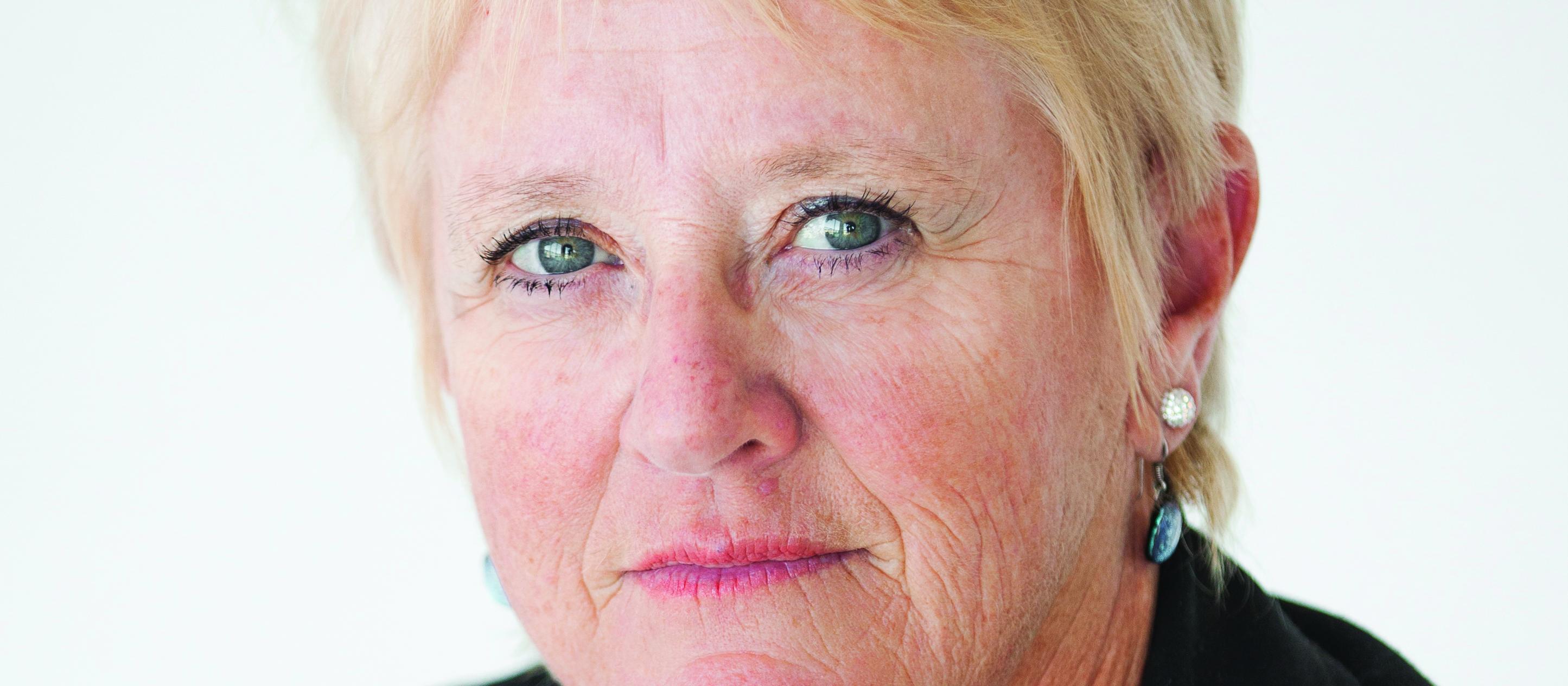For older people and frail people, the long-term benefit of medicines reduces and the potential for harm from adverse effects increases. When the benefit–risk balance changes in this way, medicine review and optimisation are important to simplify the therapeutic regimen, reduce inappropriate medicines and minimise risks. In this article, pharmacist prescriber Linda Bryant uses two case studies to illustrate important considerations during medicine reviews
Whether harmed or not, patients have a right to know about errors
+Bulletins
In print
BULLETINS
Whether harmed or not, patients have a right to know about errors
Monday 30 October 2017, 10:24 AM

Cordelia Thomas is associate commissioner, Office of the Health and Disability Commissioner
When patients complain to the health and disability commissioner, often insufficient or late disclosure of medical error has been part of the problem. Cordelia Thomas explains the value of taking early and full responsibility
An apology is a statement that acknowledges an error and its consequences, takes responsibility, and communicates regret for having caused harm
M
Kia ora and welcome to New Zealand Doctor Rata Aotearoa
Not a subscriber? Unlock this article by subscribing here.
References
Gallagher TH, Waterman AD, Garbutt JM, et al. US and Canadian physicians’ attitudes and experiences regarding disclosing errors to patients. Arch Intern Med 2006;166:1605–11.



